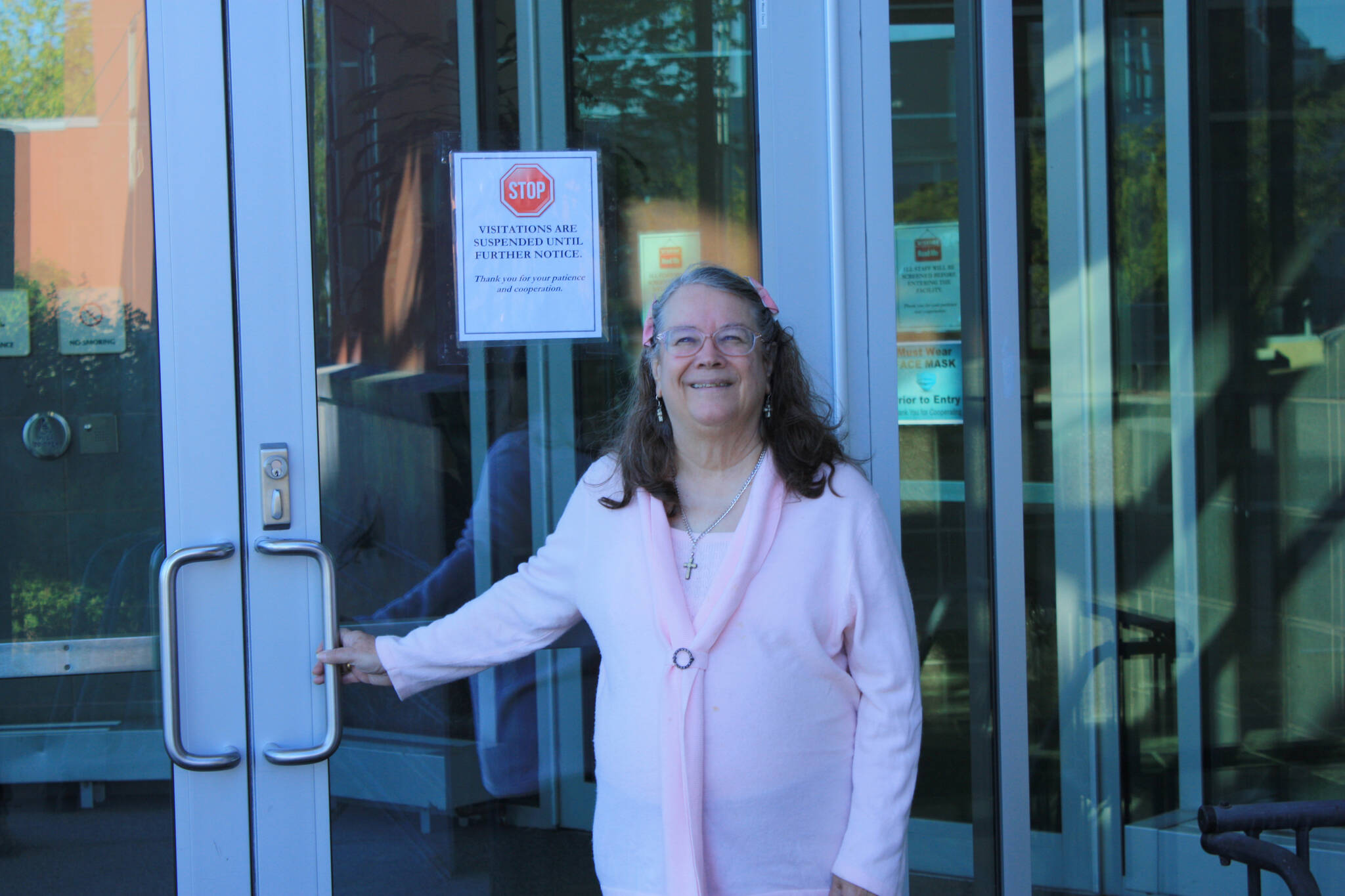The settlement of a 2018 lawsuit brought by the Disability Law Center and others against the state will shape mental health care in Alaska for decades. The question still to be answered: “Will mental health care improve?”
Prior to 2018, the Department of Health and Social Services reduced the number of available beds at the Alaska Psychiatric Institute. Because of the lack of beds, people needing mental health care or a psychiatric evaluation found themselves in jail or a hospital waiting room. Superior Court Judge William F. Morse determined the practice caused “irreparable harm” and ordered the DHSS to create a plan for corrective action. The ripples of that decision are still being felt in 2021.
The lawsuit and the on-going settlement are all about correcting the failures of the state to properly protect and care for people in crisis. The 30-page document released by the DHSS in 2020, titled “Addressing Gaps in the Crisis Psychiatric Response System” is one-sided. The missing voice — psychiatric patients. There is not one mention of creating a partnership between the providers of psychiatric services and the patient. In my opinion, the DHSS is advocating for a system of care that has proven to be a failure.
There will be no measurable improvements in patient recovery and no partnership between providers of psychiatric services and psychiatric patients in Alaska, until psychiatric patients are given fair rights. According to state law AS47.30.847, patients have a right to bring their grievance to an impartial body, but patients are not informed they have that right. Patients are told they have a right to file a grievance, but they are rarely told the process. People entering places like the API involuntarily are often coerced into signing papers to sign themselves in with no representation.
House Bill 172 and Senate Bill 124 are working their way through the Legislature. These bills are a direct result of the lawsuit filed by the Disability Law Center in 2018. According to the bills, private Psychiatric Emergency Service Agencies (PES) over a 5-day period can detain, evaluate an individual and also administer psychotropic drugs. There are two problems with this… First, five days is too long. Second, psychiatric patient rights in law or regulation presently
do not protect a person being detained in a locked emergency services facility.
Additionally, the state has made no provision in the bills for keeping patients safe nor a way to keep statistics of patient complaints or injuries state-wide. There are over 10,000 people each year in Alaska that are taken to acute care psychiatric facilities or units. As of now, the state does not know what happens to patients in private facilities, patient injuries, patient complaints, etc. which makes a patient survey a necessity.
As of now, Alaska has not established adequate laws to protect disabled psychiatric patients. And psychiatric patients often do not have the ability to protect themselves in a meaningful way from treatment caused trauma (sanctuary trauma). There are no independent patient advocates inside of the major psychiatric units to help patients with their complaints during the hours of operation. As a note, in 2017 at the API, 116 patients were injured. Not a single patient was able to bring their complaint to an impartial body, as is their right by state law.
On seven occasions I have been locked in psychiatric facilities or evaluation units. It was the indifference of my treatment and mistreatment that led me to become a mental health advocate. The lawsuit by the Disability Law Center and the decision by Judge Morse gave the state the best opportunity in 40 years to improve mental health care. In my opinion, the opportunity is being wasted by the Legislature.
• Faith J. Myers is the author of the book, “Going Crazy in Alaska: A History of Alaska’s Treatment of Psychiatric Patients.” She has volunteered as a mental health advocate for over 10 years.

